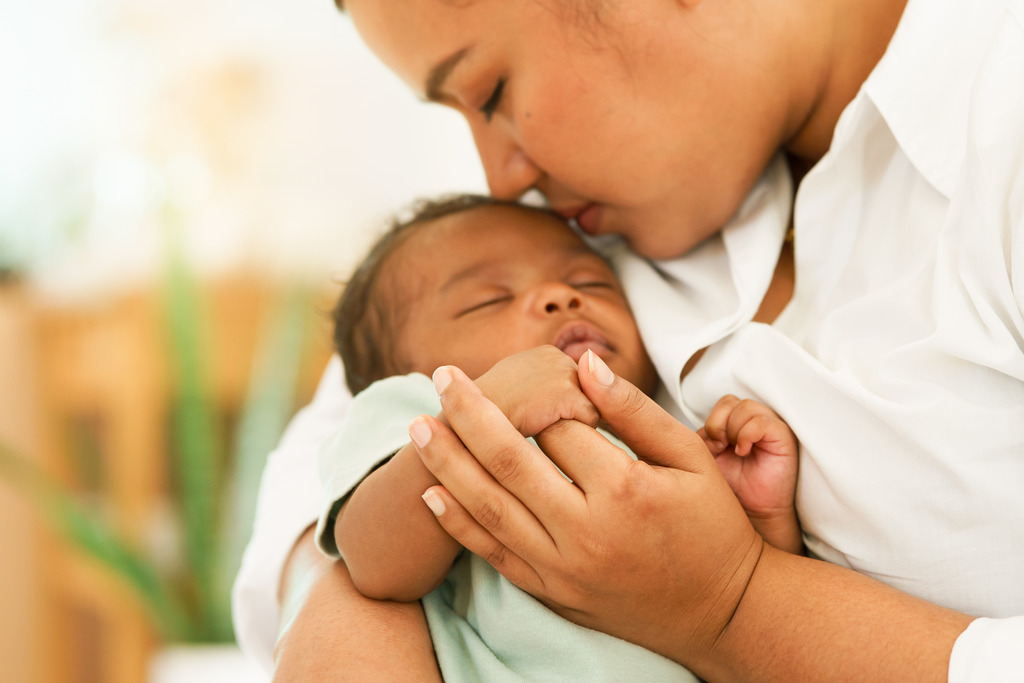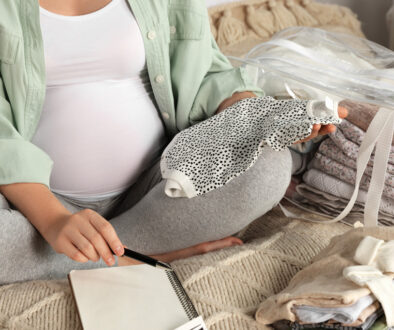Which of the Fetal Development Stages is Most Important?
Pregnancy is one of the most challenging experiences of a lifetime. If you’re expecting, you’re likely wondering what size your baby is and at what point tiny fingers and toes are developing. While all fetal development stages are important, there are some that carry a greater impact than others.
We’ll take a look at the fetal development stages, the main occurrences in each, and which one we consider to be most important.
Which of the Fetal Development Stages Is Most Important?
Your baby has its most crucial development stages during the first 5 to 14 gestational weeks (first trimester). This is because it is during this fetal development stage that your baby’s organs and basic body structure (spine, arms and legs) take form. The majority of birth defects and miscarriages happen during this time in the first trimester.
If you are exposed to harmful substances, it can keep the embryo from successfully attaching to the uterus, causing cell damage and the possibility of a miscarriage. This is why it is very important to ensure the fetus isn’t exposed to substances such as tobacco, certain medications, radiation, or drugs.
Because many women may not realize they are pregnant until after these crucial first weeks, we encourage those who want to become pregnant to avoid alcohol, tobacco, and other harmful substances.
What Organs and Systems Develop During the First Trimester Fetal Development Stages?
Neural Tube Development
By the end of four weeks, the neural tube begins to form. This tube is vital to your baby’s development. The neural tube consists of the cells that will become the brain and spinal cord.
One of the most common neural tube defects is spina bifida, which happens when the backbone that protects the spinal cord doesn’t develop fully, failing to close completely. The result is potential nerve damage.
The Circulatory System Forms
Even though the embryo looks like a tadpole, its heart is beating at roughly 90 to 110 beats per minute. This heart rate will gradually increase and peak at around weeks 9 or 10, when it can go as fast as 170 beats per minute. By the end of ten weeks, we’ll be able to help you hear the baby’s heartbeat.
The Body Structure Becomes More Defined
During the first trimester, small “buds” slowly develop into the beginnings of arms and legs which can be easily seen by the end of eight weeks. While the eyes, mouth, nose, and ears are becoming more distinct, the fingers and toes are still webbed. The fetus is roughly 1 to 1.5 inches long. By this point, all major systems have formed.
How to Ensure a Healthy Baby During the First Fetal Development Stage
First, we’d love to meet with you as soon as you decide that you want to start a family. This will ensure that you and your baby have the healthiest start possible in life.
We recommend that all patients who are planning to become pregnant or have just discovered that they’re pregnant:
- Take 800 micrograms of folic acid in order to help prevent neural tube defects
- Don’t drink alcohol
- Don’t smoke—this includes vaping
- Limit your caffeine intake
- Get regular exercise (we can help you determine the safest ones for you)
- Talk to us about any prescription medications you take—even over-the-counter and herbal supplements
- Have a wellness exam so we can discuss your risk factors, including your chances of developing gestational diabetes
Our Team at Associates in Women’s Health Will Guide You Through All Fetal Development Stages
Fetal development stages are vital points in your baby’s growth. It’s a time to ensure you’re doing all you can to minimize the risk of birth defects or miscarriage. Because so much hinges on those first vital weeks, the first trimester is the most important fetal development stage—and we want you to know that we’re here to be your guide. By consistently monitoring your health and the health of your baby, we remain partners in your care.
Are you interested in starting a family? Have you just discovered that you are pregnant and are looking for a medical home? See why we’re the premier OBGYN practice in Raleigh. Contact us for an appointment.





